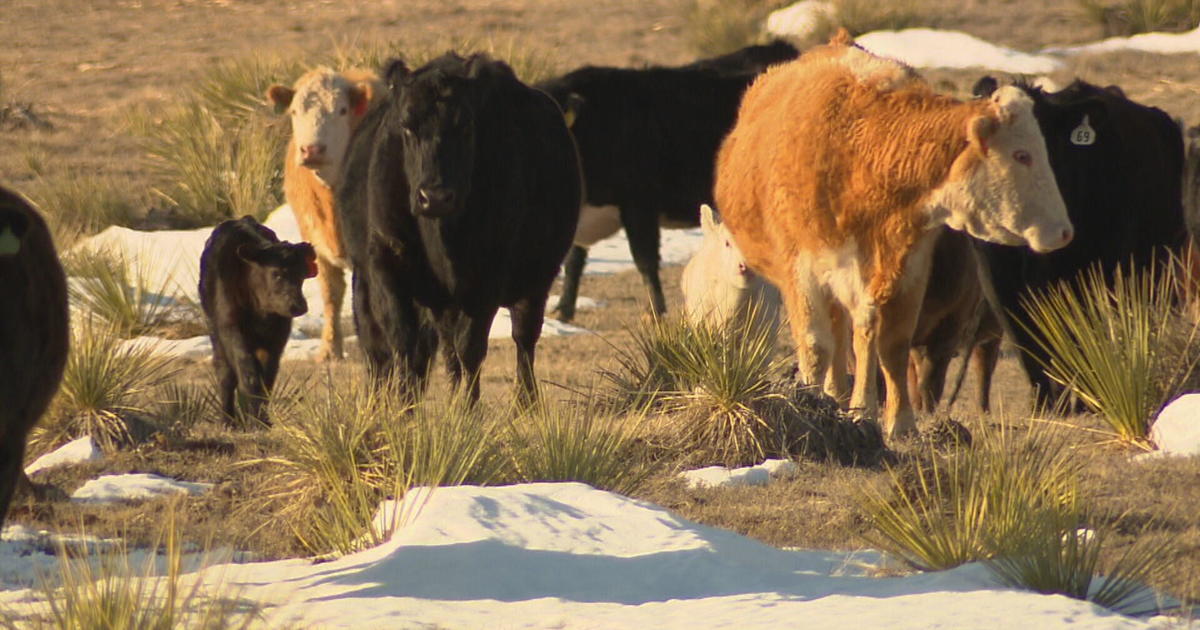How Feds Handle Pot Growing In California Could Impact Colorado
MENDOCINO COUNTY, Calif. (CBS4) - Colorado voters overwhelmingly approved the legalization of marijuana and now state lawmakers are tasked with implementing a regulatory framework for what is still considered an illegal drug.
On the federal level marijuana is still classified as a Schedule 1 narcotic on par with heroin and cocaine.
Despite the fact that marijuana is illegal federally, the Department of Justice is not saying how it will handle marijuana in the two states that have legalized the drug -- Colorado and Washington. So Colorado lawmakers and industry insiders are looking to California where federal prosecutors have taken marijuana head on.
In Mendocino County, Calif., Tim Blake has grown medical marijuana for 30 years. Blake says he started with 25 plants but expanded his operation to 99 plants in 2010 when Mendocino County created a permitting system allowing illegal growers to come out of the shadows. Blake says the permitting program brought many illegal growers off the black market and into legitimate businesses.
County Supervisor John McCowen designed the permitting program, which brought in revenue and staved off layoffs during the recession. The permitting program helped fund the sheriff's office and also allowed law enforcement to focus on growers selling to the black market.
"It drew a bright line between the people who were willing to do everything to be compliant and who were questionable," McCowen explained.
The permitting program grew from about a dozen growers in the first year to nearly 100 in the second. The county felt it was on legal ground to regulate marijuana.
"This program was so good that the feds were terrified of it." Blake said. "They realized that if they didn't do the nuclear strike that this was going to go across the state and across the country."
A year ago the program died. Federal prosecutors threatened to sue the county over the permits. At the same time the U.S. Attorney's Office sent dozens of letters to California's largest medical marijuana dispensaries, ordering them to shut down or face property seizures and prosecution.
After the crackdown U.S. Attorney for Northern California Melinda Haag said, "People are using the cover of medical marijuana to make extraordinary amounts of money, in short to engage in drug trafficking."
Growers say prosecutors chose to strike as soon as a sector of marijuana became too successful. Federal prosecution hasn't succeeded in court but has intimidated their targets.
McCowen explained the net effect of the shutdown of the permitting program: "Targeting legal dispensaries and our cultivation program is to drive medical marijuana back to the street corner back to the back alley. Make it more illegal, more dangerous and more profitable for the underground growers."
Colorado's best lesson on marijuana may come soon. The Department of Justice is suing Mendocino County for the names of the farmers the county permitted to grow, presumably for individual prosecution.
Farmers like Blake say the collapsed permitting process has left him vulnerable. Blake says he's ready for federal agents to break down his door.
A Feb. 19 court appearance could determine if the Department of Justice will get those individual records.





